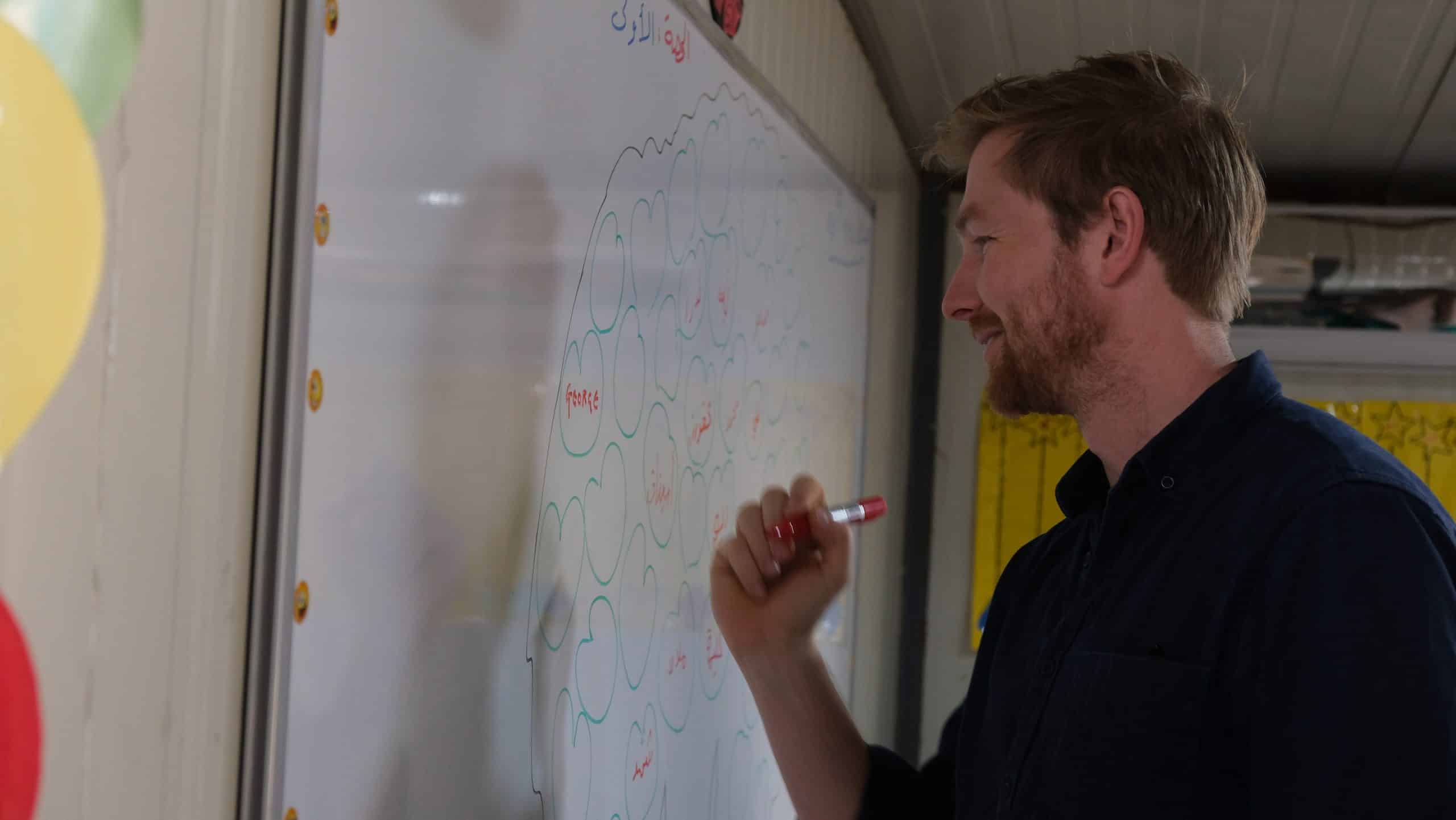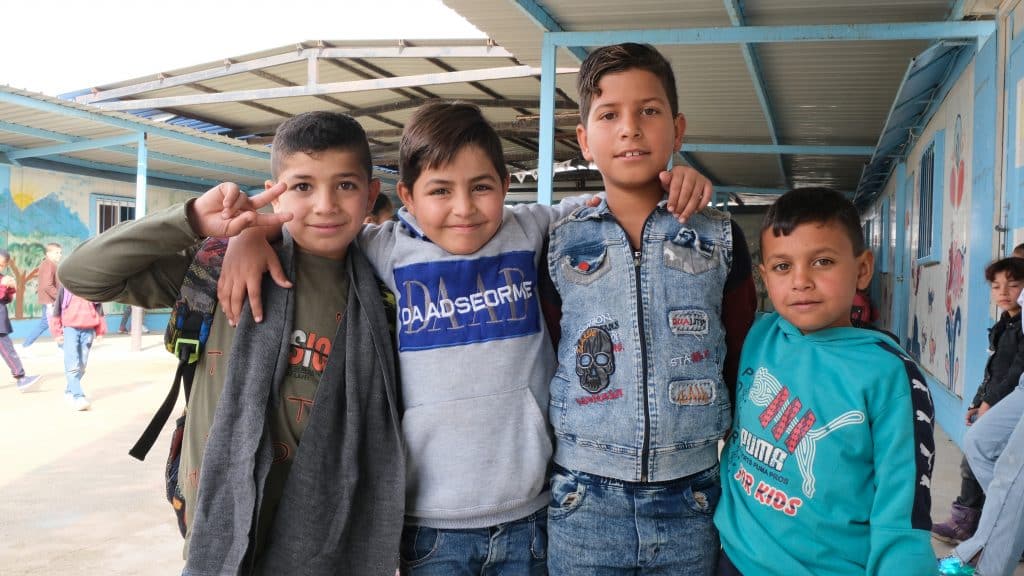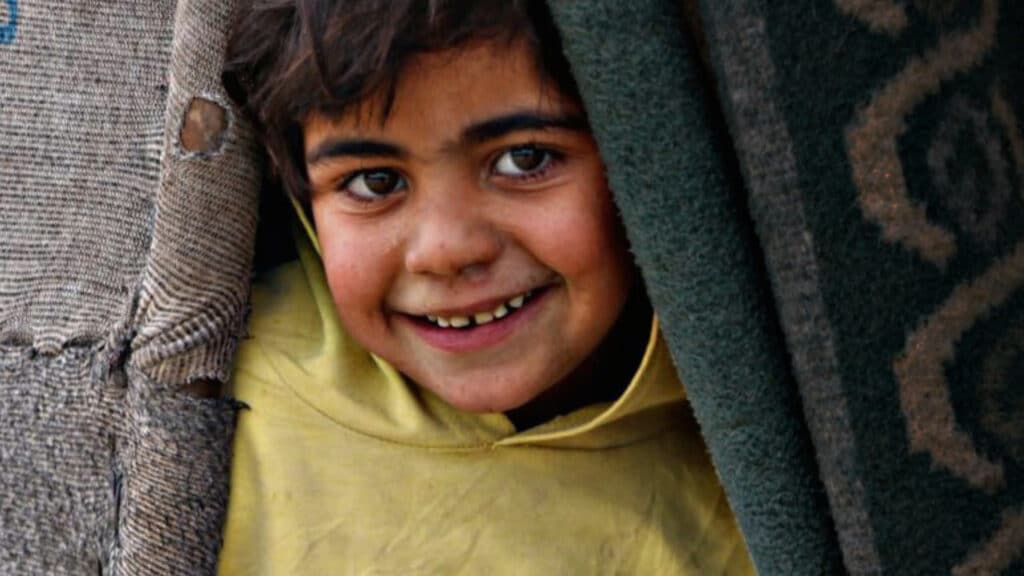“Where does the money go?” A question we are asked regularly, and rightly so. Ten years ago, when we started, the few minutes we had to try and explain never felt like enough. It was complicated and there was too much to say. A decade into our work with Syrians, it is the answer we feel most proud of. It is uncomplicated; the money goes to Syrian people in areas of greatest need, to make sure they have medical care and education. For many, a doctor, or a school to go to, is far from a given. Last week, I was in Lebanon’s Bekaa Valley, seeing just one of the places where the money goes.

The 14th of November was the first day of the school year and buses delivered 200 children from refugee camps to their classrooms. The school is run by our partner, SAWA, and the year will run until July 2024. The classrooms were full of anticipation on the first day back, a feeling I remember only too well. A few children turned up hoping they would be allowed to stay, even though they had not enrolled. This is how much education means to them, and this centre offers the only access to school they have. In each shipping-container classroom of English, Science, Arabic, Maths and Music, were the sorts of faces we see on our front pages, but this time grinning from ear to ear, keen to learn, even keen to call out their names when called for the register.
The narrow lens of the news makes it impossible to react proportionately to any single cause. It’s paralysing and scary. Our promise at Hands Up has always been to stick with Syria, the place we knew, and its people. They aren’t on the front pages at the moment, but they need our help now more than ever.
George Butler

George Butler, Chair and one of the founders of Hands Up, has just returned from Lebanon, visiting our school for refugee Syrian children. Here, the education system is uncertain and complex for Syrians. Refugees need the right papers to even be able to register for the formal Lebanese system, which many do not have, and the number of Syrian refugees living in the country means many schools do not have the capacity to accept extra children.
30% of school-aged refugee children in Lebanon have never been to school1. This leaves them vulnerable to child labour, child marriage, and ultimately, without the education needed to unlock a brighter future. This is why we work with our partner, SAWA for Development & Aid, to ensure these children continue to have a school go to.
If you can, please donate now to help keep the school running.
Thank you.


Keeping supporters clued up on our work is important to us. Sign up to keep up to date with where the funds go and the impact they have, and how you can support us.